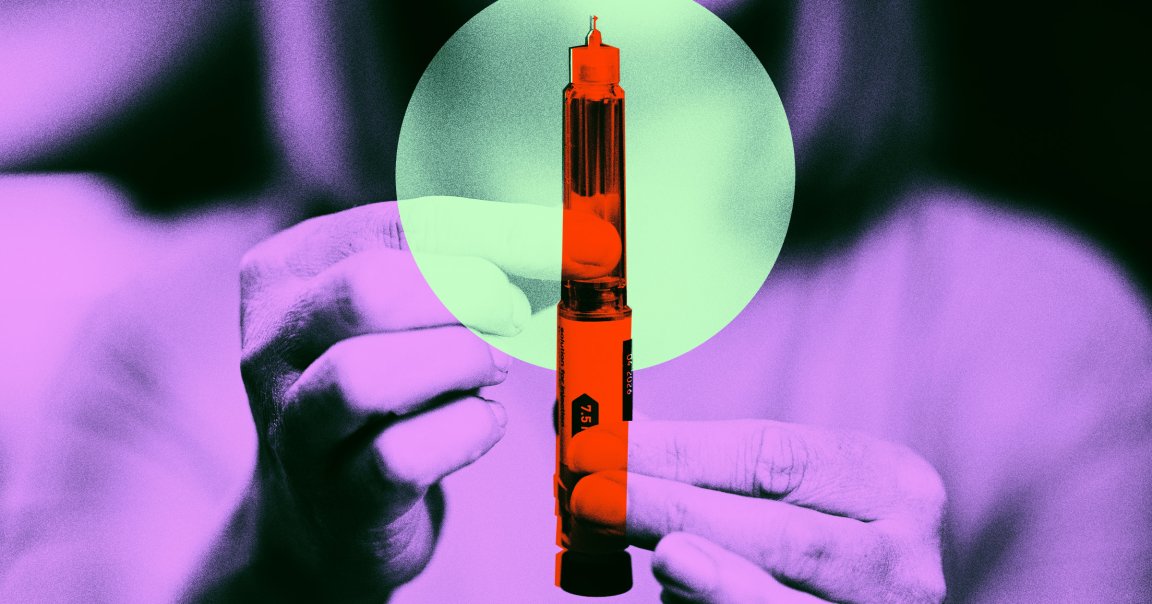
The United Kingdom’s health regulator is investigating weight loss jabs like Ozempic and Mounjaro after linking it to hundreds of severe illnesses and even a handful of deaths.
As the Independent reports, the UK Medicines and Healthcare products Regulatory Agency (MHRA) is asking residents to submit their own experiences with glucagon-like peptide-1 (GLP-1) receptor/agonist drugs after the release of new data linking them to nearly 300 cases of pancreatitis and at least 10 pancreatitis-related deaths.
Earlier in the month, the pharmacy news site Chemists and Druggists reported that a whopping 111 people in the UK had died after taking GLP-1 drugs, though as the government noted, those figures do “not necessarily mean that [a death] was caused by the medicine” and that the fatalities could have been caused by underlying conditions. Instead, it appears that the authorities who reported those deaths to the health regulator suspected that the drug played a part.
Of those 111 deaths, at least 10 were related to pancreatitis. UK outlets are now reporting on them thanks to the government’s new push for residents to flag any pancreas issues after taking GLP-1s to the MHRA’s “Yellow Card” campaign, which urges residents to report adverse drug events.
Official warnings about this potential link between GLP-1s and pancreatitis also comes just days after the country’s National Health Service began allowing doctors offices to prescribe Mounjaro, the Eli Lilly weight loss jab that uses the drug tirzepatide, a compound similar to the one underlying Novo Nordisk’s Ozempic and Wegovy.
As the NHS notes, general practitioners in the UK will only be able to prescribe Mounjaro based on a very selective list of eligibility criteria that includes being diagnosed with at least four obesity-related illnesses and, strangely, having a body mass index (BMI) rating that’s adjustable based on race or ethnicity.
While doctors maintain that GLP-1s are safe for most people to take, some have begun to voice caution based on real-world data like those recently released by the MHRA — especially because an estimated 1.5 million people in the UK are now taking them.
“The percentages for pancreatitis seen in clinical trials was small, but we know that many people are now purchasing these medications privately,” explained Simon Cork, a physiology teacher at Anglia Ruskin University, in an interview with the Indy. “Small percentages in large numbers means an increasing number of people developing these conditions, although they still remain rare.”
The MHRA’s new guidance is meant more to help doctors and patients decide what is best rather than to sow panic, Cork insisted.
“For the vast majority of people, these drugs will help with weight loss and are overwhelmingly safe,” he continued. “For a small number of people, significant side effects will occur, and it’s important to ensure that people are being monitored by their healthcare professionals.”
More on Ozempic: Doctors Concerned By Massive Uptick In Teens Taking Ozempic